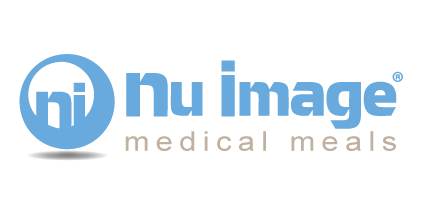Swine Flu Alert Update
Apr 28, 2009
The fear of swine flu is spreading like wildfire. Knowledge is your most powerful weapon, which is why I went straight to the government-run Centers for Disease Control website for the latest on the epidemic that has so far felled 40 Americans. You too can get the latest news about swine flu at http://www.cdc.gov/swineflu So what are the signs and symptoms of swine flu in people? The symptoms of swine flu in people are similar to the symptoms of regular human flu and include fever, cough, sore throat, body aches, headache, chills and fatigue. Some people have reported diarrhea and vomiting associated with swine flu. In the past, severe illness (pneumonia and respiratory failure) and deaths have been reported with swine flu infection in people. Like seasonal flu, swine flu may cause a worsening of underlying chronic medical conditions. The DCD says if you become ill and experience any of the following warning signs, seek emergency medical care. In children emergency warning signs that need urgent medical attention include: --Fast breathing or trouble breathing --Bluish skin color --Not drinking enough fluids --Not waking up or not interacting --Being so irritable that the child does not want to be held --Flu-like symptoms improve but then return with fever and worse cough --Fever with a rash In adults, emergency warning signs that need urgent medical attention include: --Difficulty breathing or shortness of breath --Pain or pressure in the chest or abdomen --Sudden dizziness --Confusion --Severe or persistent vomiting Here's what the CDC says you can do to stay healthy. --Cover your nose and mouth with a tissue when you cough or sneeze. Throw the tissue in the trash after you use it. --Wash your hands often with soap and water, especially after you cough or sneeze. Alcohol-based hands cleaners are also effective. --Avoid touching your eyes, nose or mouth. Germs spread that way. --Also, it sounds basic but try to avoid close contact with sick people. Influenza -- and swine flu is a form of flu -- is thought to spread mainly person-to-person through coughing or sneezing of infected people. If you get sick, CDC recommends that you stay home from work or school and limit contact with others to keep from infecting them. CDC is working very closely with officials in states where human cases of swine influenza A (H1N1) have been identified, as well as with health officials in Mexico, Canada and the World Health Organization. For the latest, check out the CDC website, http://www.cdc.gov/swineflu
Author: John McGran









